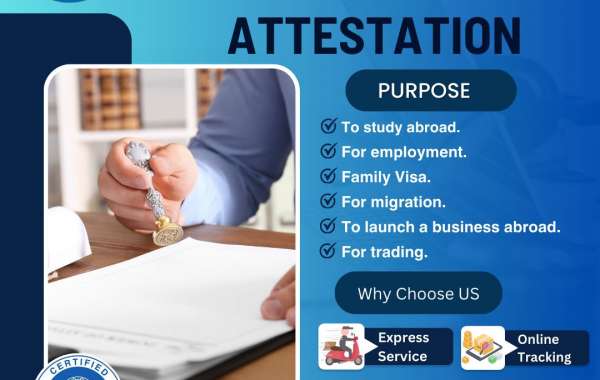The MEA has a very important role of protecting the interest of a country in the international arena. Since its formation, the MEA has been transformed many times by changes in diplomatic practices and new challenges. In this document the varying levels of journey has been discussed in detail from the past up to the present, besides a forecast of what is expected in the MEA in the future.
MEA Attestation for Birth Certificates in India is an essential process that authenticates the document for international use. The Ministry of External Affairs in India provides this attestation, making the birth certificate legally valid and recognized in foreign countries. This is often required for purposes like applying for residency, obtaining visas, school admissions abroad, or other official procedures that need proof of birth authenticity.
The attestation process begins with verification from local authorities, typically at the state level, such as the Home Department or SDM (Sub-Divisional Magistrate). Once the initial verification is complete, the birth certificate is submitted to the MEA for final attestation. MEA attestation confirms the document’s legitimacy, allowing foreign governments and institutions to trust its validity. In recent years, the process has become more streamlined, with MEA partnering with authorized agencies that assist with the submission, tracking, and handling of documents, making the attestation process more efficient and accessible.
MEA attestation for birth certificates in India is headed with promising careers and development charts and has made its evolutionary journey with commendable efforts.
Early Stages with centralised and Manual Process
At first, MEA attestation was very cumbersome, involving physical visits to government offices by the applicants. Until the early 2000s, accounts payable was centralized and markedly bureaucratic and slow because of manual checks and verifications accompanied by physical endorsements.
Change of Trend toward Decentralisation and Accessibility
Realizing this MEA attestation centres were gradually decentralized and state level authorities and regional centres were permitted to do the preliminary verifications. This made it easier to attend and cutdown on travel time and time waited especially for the applicants in remote regions.
Integration of Technology
MEA attestation for birth certificates in India has embraced technological advancement whereby used to monitor the status of an individual’s applications, e-attestation, and online submission of documents. This change has also made the processing time faster, higher transparency, and boosted the security measures. A number of measures have been taken today to avoid forgery and these include QR code, hologram, electronic seal, etc.
Partnerships with outsourcing agencies
In order to make the process even more effective, MEA has cooperated with some of the authorized outsourcing agencies for the submission, verification, tracking services. This approach has made MEA attestation for birth certificates in India easier to use and waiting time has been greatly minimized.
Anticipated Trends of MEA attestation for birth certificates in India
Increase rate of Automation and Artificial Intelligent (AI)
This reason is expected to gain dominance with the assistance of AI and automation, which ensure real-time verification of the contents, fraud, and enhanced processing time. With the help of AI, the identification of the authenticity of any document could be done in a few instants with the least amount of interference from human operators and possible mistakes.
Blockchain for Security Improvement
MEA attestation for birth certificates in India could be changed by blockchain technology because they would enable an immutable, distributed digital ledger for document tracking. This would also improve document security so that organizations could independently check attestations that are claimed thus decreasing the propensity to forge documents.
E-Attestation and Paperless Documentation
With increasing concern for environment, the MEA is set to embrace full electronic attestation and electronic end-to-end processes that will help serve the purpose of saving the environment as well as cutting cost. The physical seals can be completely replaced by the digital signatures and e-certificates.
Adaptation with global systems and cross border acceptance.
The future of MEA attestation for birth certificates in India could be to align the system with the other countries attestation system, making attestation electronically transferable from one country to another. This would help hasten similar acknowledgment of documents in an international context including education, employment and trade.
Biometrics Verification and ID integration
In a process of MEA attestation, biometric data might be incorporated to increase the level of security. Finger prints, facial, and signature recognition could provide extra verification, which would have a direct link with the documents concerned hence the identity of the applicant.
The Ministry of External Affairs has known a history of being at the frontline in promoting the foreign policy of India since independence. MEA has undergone several transformations from the organizational structure which has been formed with the legislative, to its current feasible form responding to the new demands and challenges of the today’s international environment. To that end, it is crucial for the MEA to design itself to be a maker of both present policies and future trends in international relations to ensure the sustenance of Indian engagement in global politics.




